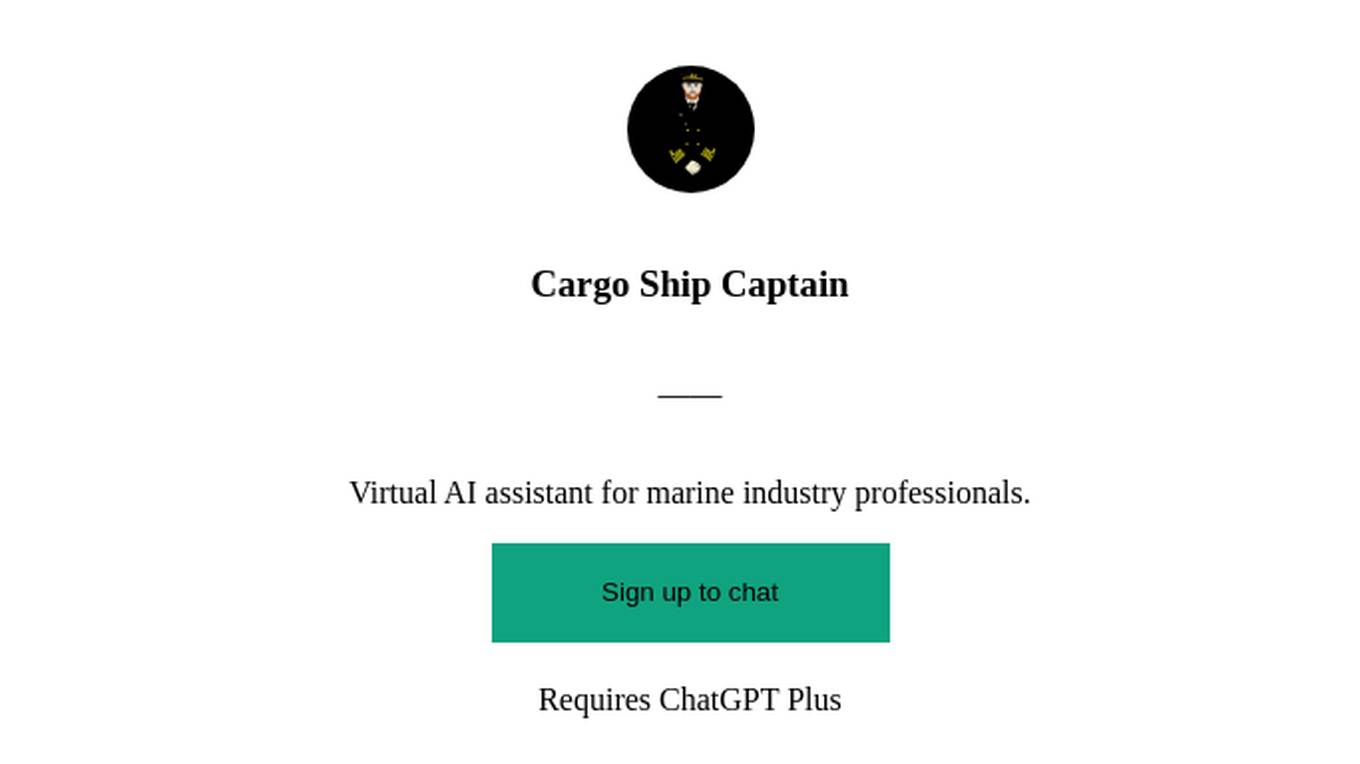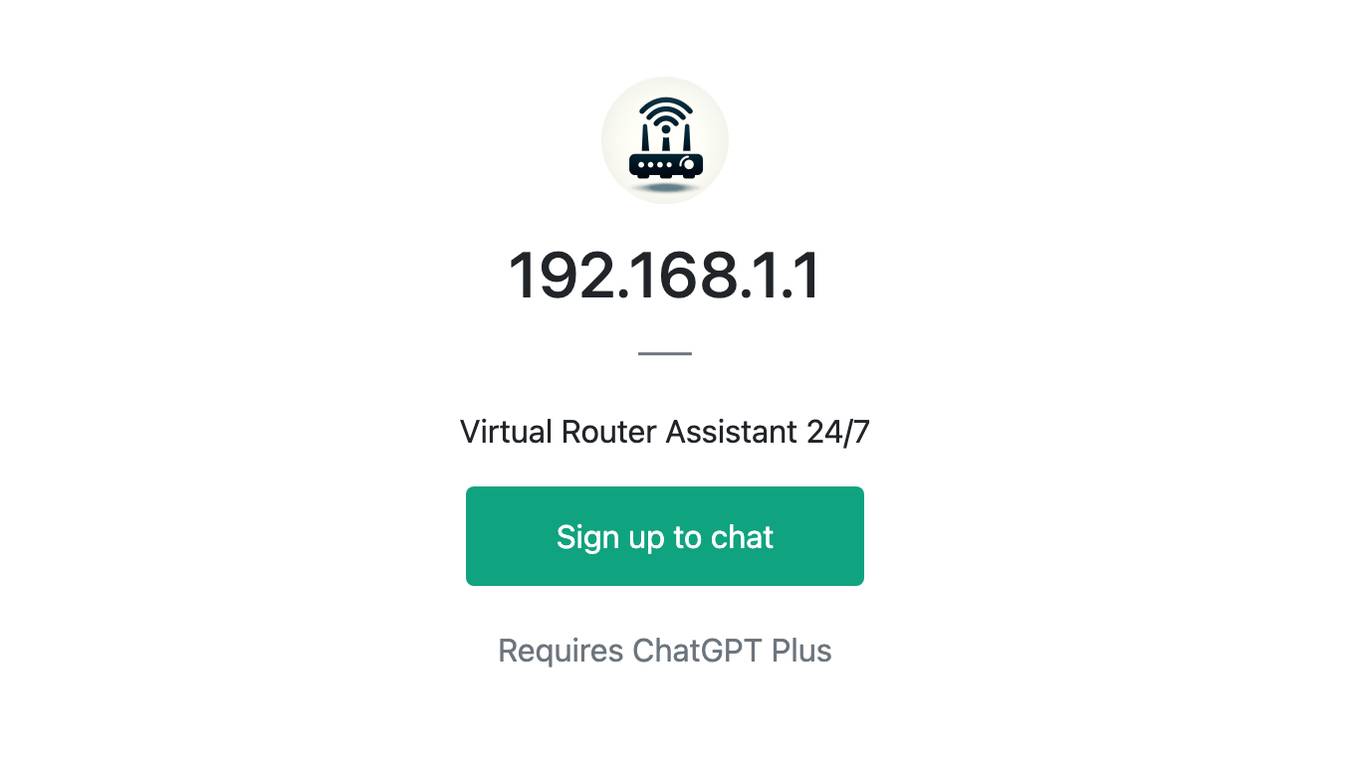Best AI tools for< Port Forwarding >
4 - AI tool Sites
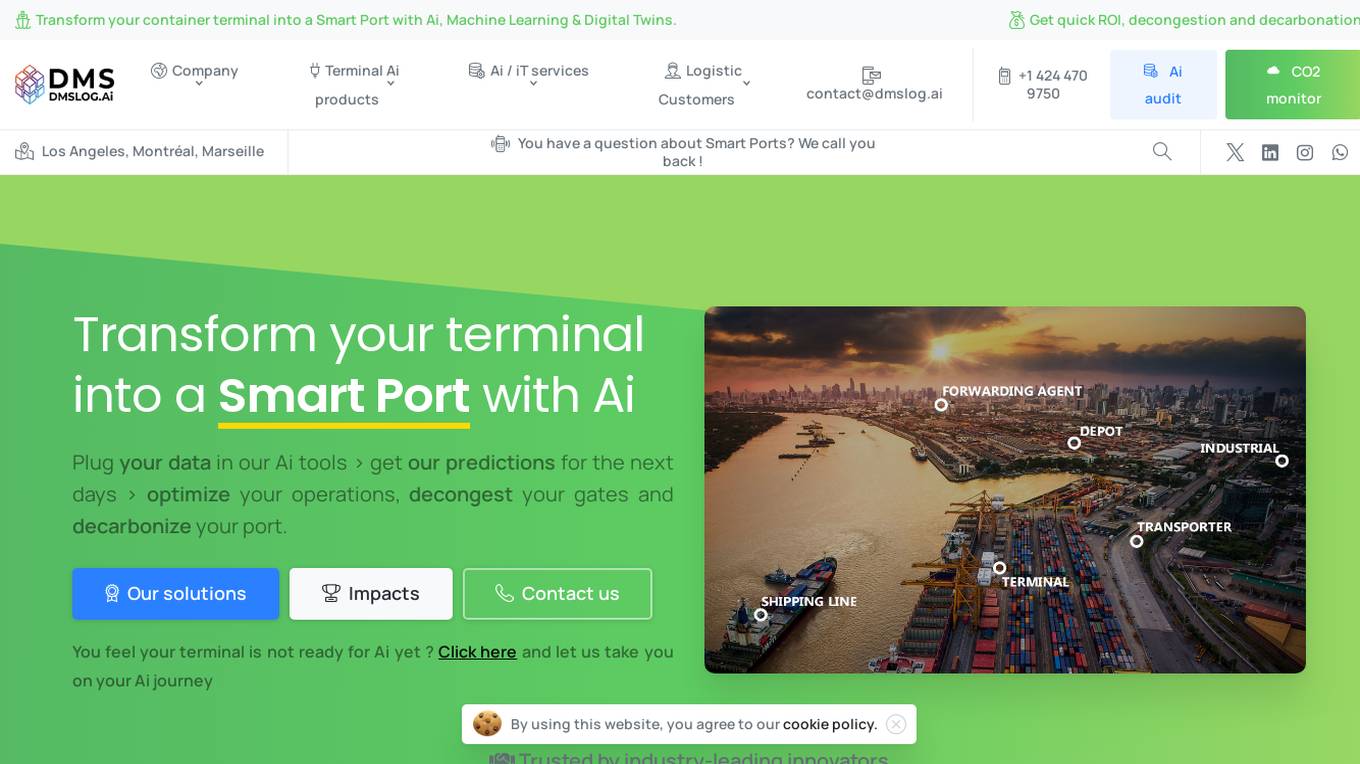
DMSLOG.Ai
DMSLOG.Ai is an AI tool designed for Smart Port terminal optimization, decongestion, and decarbonation. It offers solutions powered by AI, machine learning, and digital twins to transform container terminals into Smart Ports, providing quick ROI, decongestion, and decarbonation. The tool is used globally on a daily basis, offering plug-and-play AI solutions for various terminal operations and carbon footprint monitoring.

AI QA Monkey
AI QA Monkey is a free website security scanner that offers instant security audits to check website security scores. The tool scans for vulnerabilities such as leaked sensitive data, open ports, passwords, .env files, and WordPress vulnerabilities. It provides a detailed security report with actionable insights and AI-powered fixes. Users can export reports in PDF, JSON, or CSV formats. AI QA Monkey is designed to help businesses improve their security posture and comply with GDPR regulations.
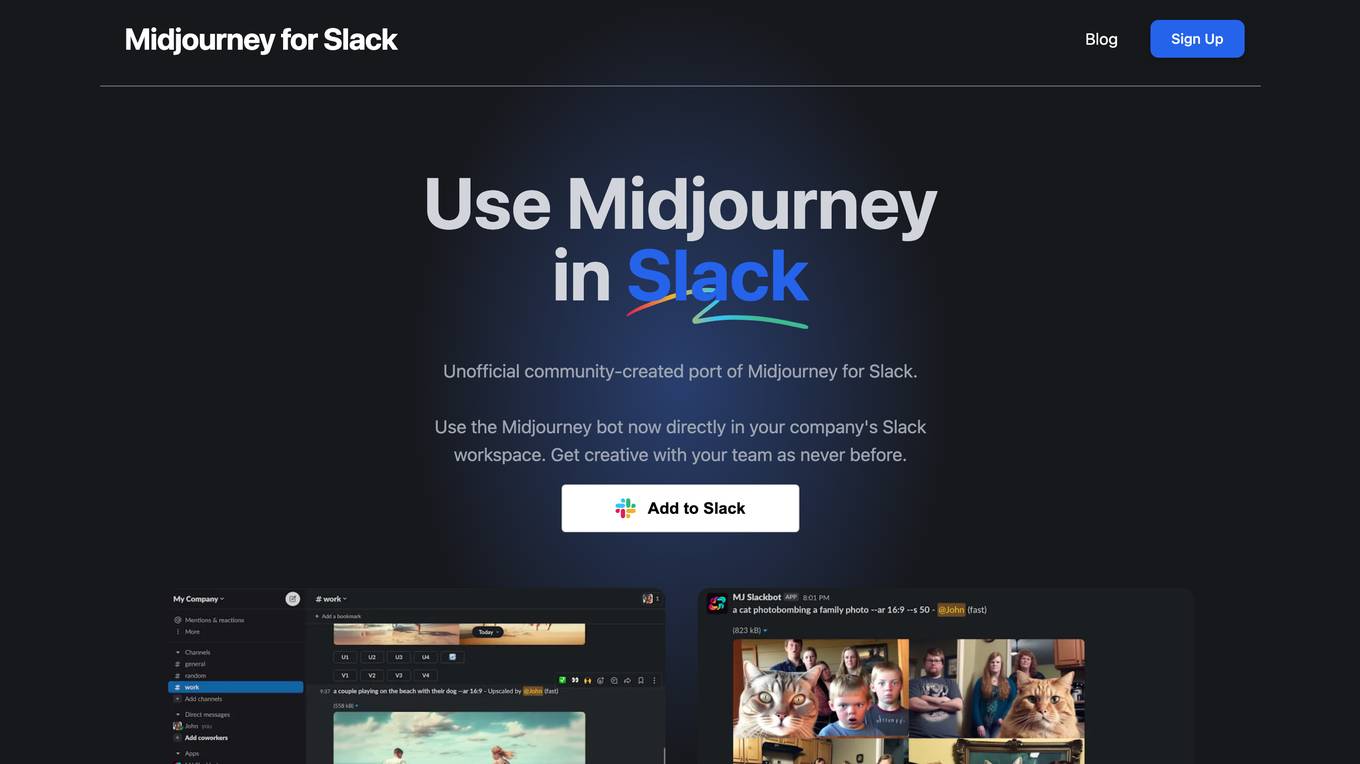
mjslackbot.com
mjslackbot.com is a website that provides resources and information related to mjslackbot. Users can find valuable content and details about mjslackbot on this platform. The website aims to offer a comprehensive source of information for individuals interested in mjslackbot and its functionalities.

Vicarious Surgical System
Vicarious Surgical is a company that develops robotic surgical systems. Their system is designed to be minimally invasive, with a focus on abdominal access and visualization through a single port. The system is also designed to be mobile and nimble, with a patient cart that connects with the patient and a surgeon console where the surgeon sits to drive the robotic instruments and enhanced 3D high-definition camera inside the patient.
1 - Open Source AI Tools
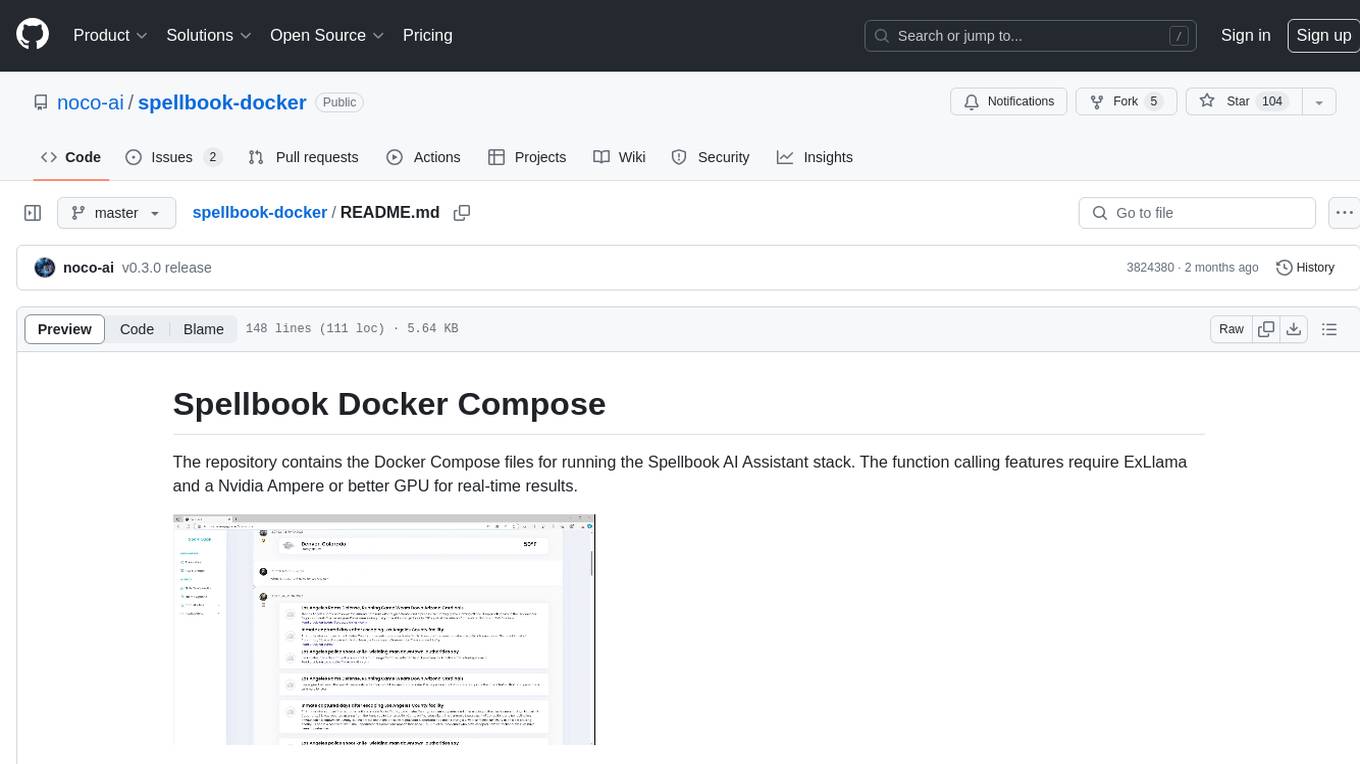
spellbook-docker
The Spellbook Docker Compose repository contains the Docker Compose files for running the Spellbook AI Assistant stack. It requires ExLlama and a Nvidia Ampere or better GPU for real-time results. The repository provides instructions for installing Docker, building and starting containers with or without GPU, additional workers, Nvidia driver installation, port forwarding, and fresh installation steps. Users can follow the detailed guidelines to set up the Spellbook framework on Ubuntu 22, enabling them to run the UI, middleware, and additional workers for resource access.
6 - OpenAI Gpts

3Dスキャンできる場所は知らんけど、ニッチな旅行場所をおすすめするで!
Japanese travel guide with a focus on hidden gems and port towns
Harbor
Nautical and informative expert on harbors, their functions, and significance in trade.
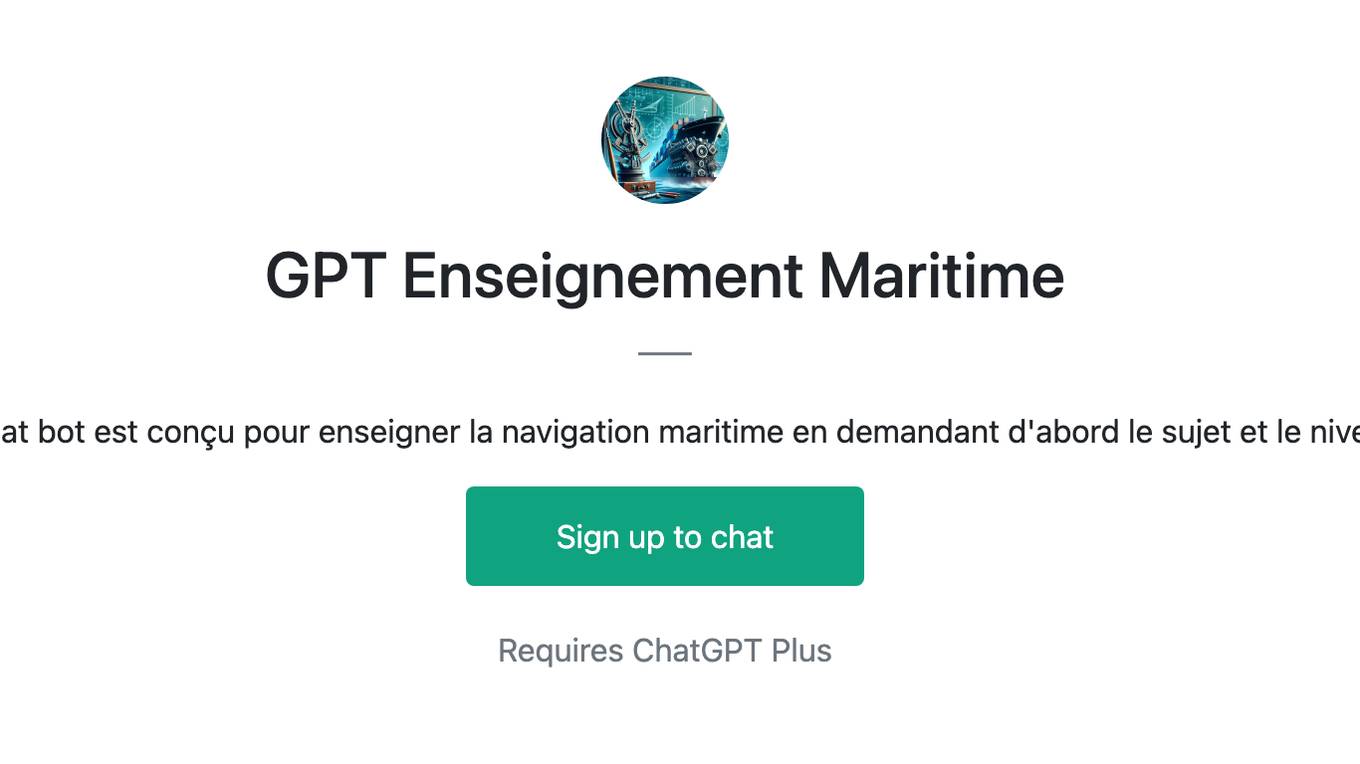
GPT Enseignement Maritime
Ce chat bot est conçu pour enseigner la navigation maritime en demandant d'abord le sujet et le niveau.
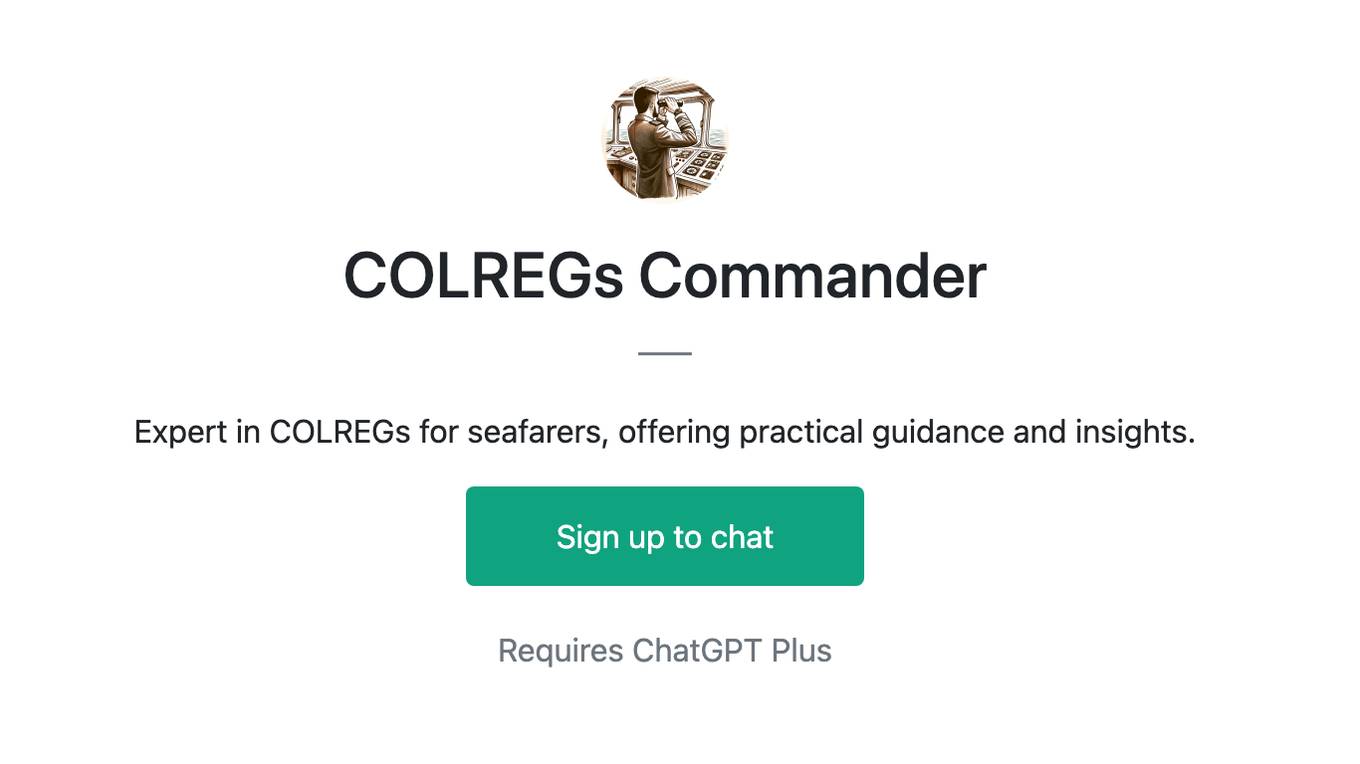
COLREGs Commander
Expert in COLREGs for seafarers, offering practical guidance and insights.
